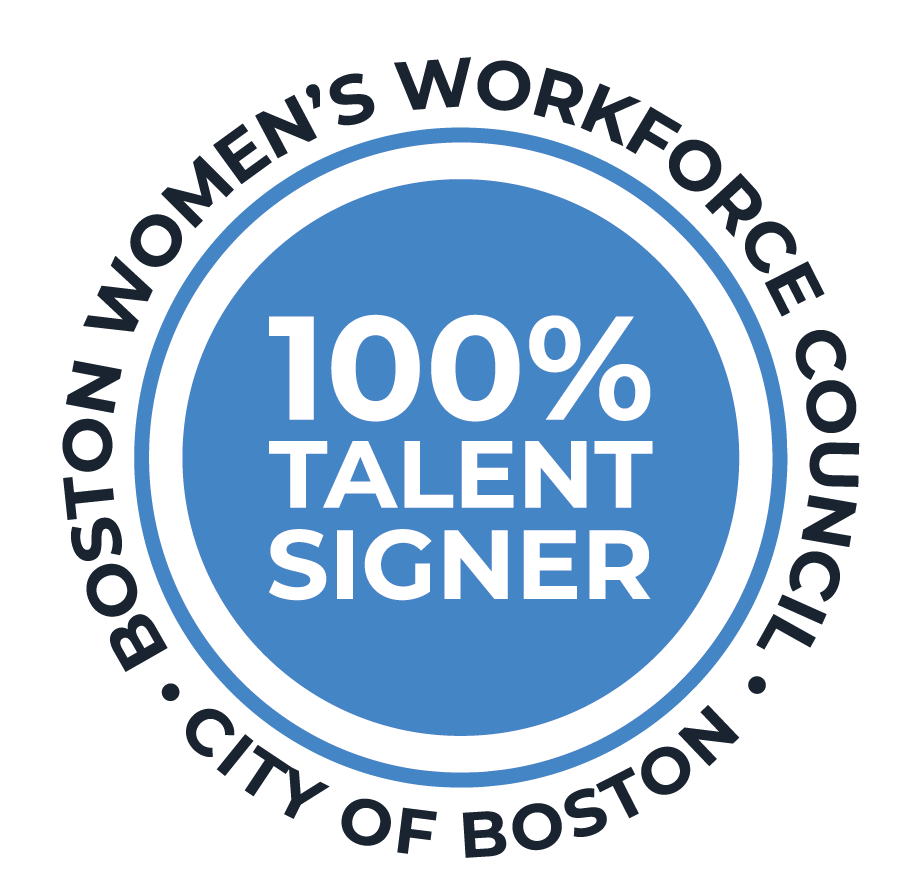Like so many who tuned in to the Netflix and Hulu documentaries about the ill-fated Fyre Festival, I was engrossed and amazed at how the story unfolded. This event, billed as a luxury music festival “on the boundaries of impossible,” never stood a chance. It would have been a comedy of errors, if not for the tragic consequences of those scammed out of money and in some cases their livelihood and an experience that did not materialize as promised. In watching both films back-to-back (yes, I was that enthralled), the whole account became a playbook of “what not to do” in event planning. Aside from stating the obvious such as, “be honest in your business dealings,” here are a few tips we can glean from the riveting Fyre Festival disaster.
“If they come, we will build it” is not a good event strategy
From the beginning, the Fyre Festival put the cart before the horse by advertising an event that was not fully developed. There is no doubt this team signed on the right influencers, created a compelling promotional campaign and succeeded in one aspect – generating exceptional visibility and hype for the festival. But while every event needs a solid marketing plan, it must be married with an equally strong operational plan. Launching an event without a venue in place, vendors secured or a comprehensive logistics/execution strategy could prove disastrous, as it did for Fyre.
Build an adequate timeline
Even those working on the Fyre Festival knew that the timeline was not sufficient. For an event of this scale, at least one year to eighteen months of planning would be required. The Fyre Festival launched in December 2016 and was held in April 2017, a completely unrealistic time frame. A successful event requires thoughtful preparation and attention to detail. In today’s hectic environment, everyone is short on time. However, working too hastily can lead to shoddy outcomes as pressure mounts and things fall through the cracks. It is best to build enough lead time into the planning process from the onset.
Ensure your dates work
Compounding the woes of the Fyre event organizers, the dates selected for the festival coincided with one of the biggest annual events on Exuma, where the festival would be held. This put a strain on the island’s infrastructure. Flights, boats, ground transportation and lodging were all hard to come by. When planning an event, it is essential to take all relevant calendars – local, national and international – into consideration. What else is happening in the marketplace? What are your competitors doing? Is there a citywide event in town? What local activities and holidays are taking place? All of these questions should be answered before solidifying your dates.
Start with the basics
The comfort and safety of your participants should always be your top priority. Ensuring adequate (but hopefully excellent) food and beverage, lodging, sanitation facilities, transportation, security and medical services should be a fundamental part of the plan. Can the venue handle the volume of guests you are expecting? Do they have adequate staff and facilities? Ensure a smooth flow of traffic and check-in, determine a plan for lines, transportation dispatch, luggage storage, etc., especially when it comes to large groups. If the basics are not met, the rest of the program – even with amazing content – will be overshadowed. The most famous picture from the festival is a sad looking cheese sandwich that was served. Don’t let this be the main take away from your event.
Know the event landscape including international considerations
It is important to know the rules, regulations and parameters in the location/space you are planning. An international event adds a layer of complexity. Shipping and handling, customs duties, tax implications, local labor rules, permitting procedures all need to be researched and factored into the budget, timeline and staffing plan. For example, little did the Fyre Festival organizers know that purchasing $2 million worth of alcohol for the event would incur a $900,000 tax bill from the Bahamian government. Ouch.
Have a contingency plan
Even with the most established and well-organized events, the unexpected can occur such as weather issues, medical emergencies, delayed flights, you name it. Every event should have a risk management plan that outlines the protocol when unforeseen and/or emergency situations arise. For the Fyre Festival, just getting attendees housed and fed became a crisis situation. In watching the film, I was actually surprised and relieved that no one was seriously injured or other safety and security issues were reported.
Give yourself a reality check
The brainchild behind the Fyre Festival, Billy McFarland and his organization were painfully inexperienced in planning such an event. While they did have other vendors that specialized in event production, Billy kept pushing things beyond reason to make it happen. His ego and delusion blinded him to the reality of the situation. Where others with more experience would have stopped or not started at all, he kept going at full speed, making the problem that much worse. In this industry it is essential to rely on trusted partners and seasoned professionals…and know when to say when.
“As amazing as the islands are, the infrastructure for a festival of this magnitude needed to be built from the ground up. So, we decided to literally attempt to build a city. We set up water and waste management, brought an ambulance from New York, and chartered 737 planes to shuttle our guests via 12 flights a day from Miami. We thought we were ready, but then everyone arrived. The team was overwhelmed. The airport was jam-packed. The buses couldn’t handle the load. And the wind from rough weather took down half of the tents on the morning our guests were scheduled to arrive. This is an unacceptable guest experience and the Fyre team takes full responsibility for the issues that occurred.” Statement from Billy McFarland, 2017
















